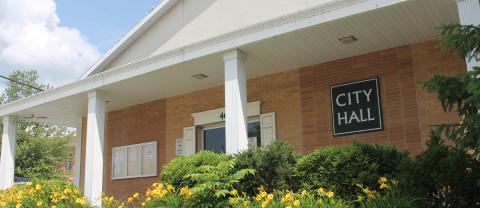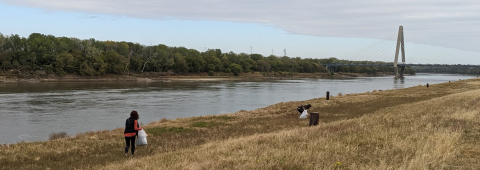Target audience
Should be integrated and include management personnel from the following: Local, county and state public health departments, Healthcare provider administration, Hospital clinical leadership, Hospital safety, emergency planning and emergency preparedness, Emergency Management organizations, home healthcare and hospice, human services, community health centers, non-governmental and faith-based organizations, etc.
Priority registration
Priority Registration is reserved for the Greater Kansas City region: Johnson, Leavenworth and Wyandotte in Kansas; and Cass, Clay, Jackson, Platte and Ray in Missouri. There is no cost to attend, but registration is required.
Materials
This course utilizes an electronic participant guide. Participants will need to bring an electronic device with them to class. A link to the participant guide will be available to all registered participants in the training website. We recommend downloading approximately 3 days before the scheduled class date.
FEMA SID
Individuals will need a FEMA SID # before the course date. You will need to bring this number with you to the class. Please create your FEMA SID # at: https://cdp.dhs.gov/FEMASID/
Important: Registration is a two-step process. Individuals will also need to register with the LSU portal to have access to the pre- and post-test, course documents. Please refer to LSU student confirmation letter for details.
Your registration is not complete unless you also complete the registration at LSU portal.






